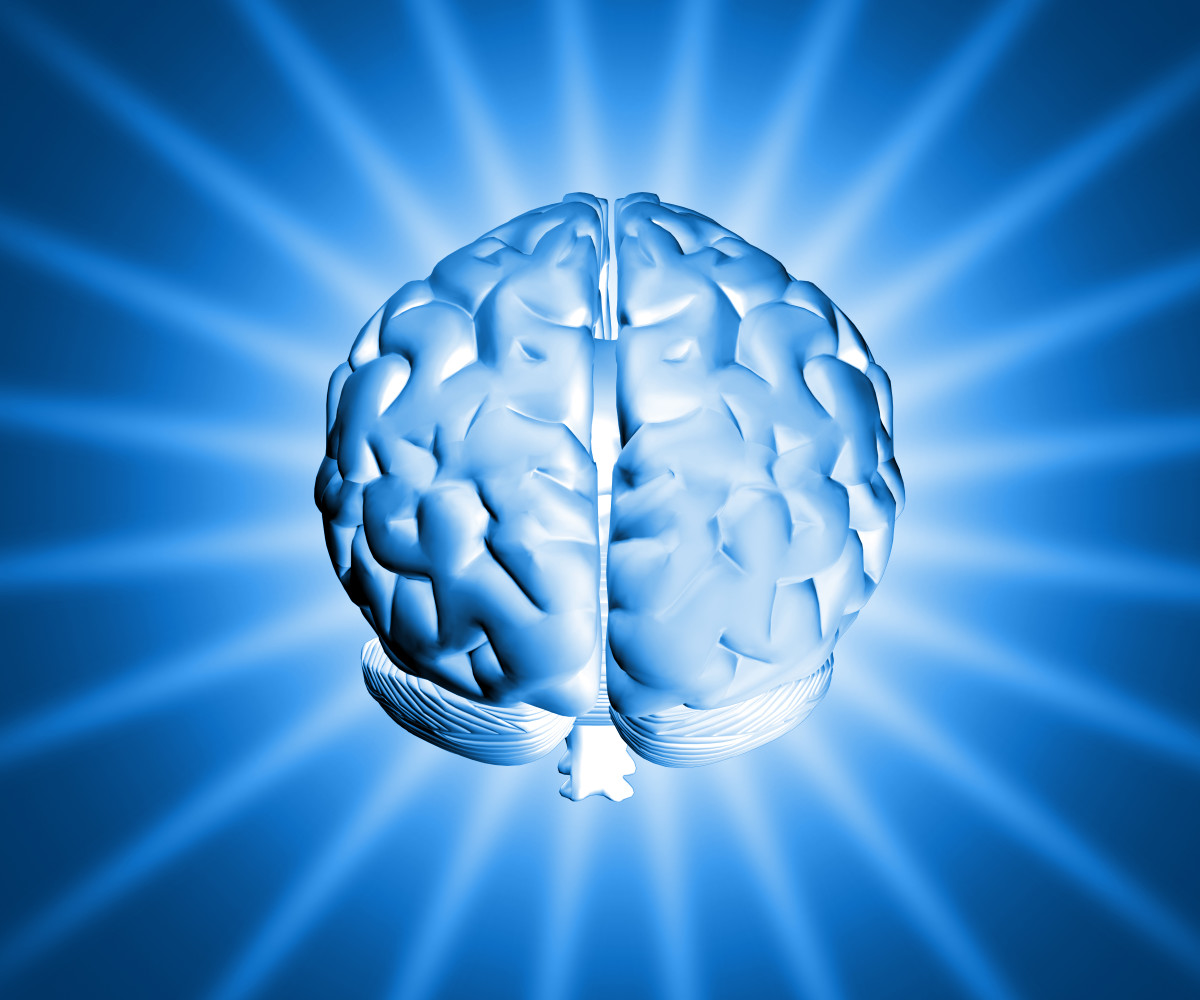Treating Mothers' Depression Helps Kids' Mental Health
Children and Mothers' Depression
Approximately one in four people suffer in any given year from some mental disorder. Women suffer depression more often than men.
Often we focus on the individual, but there are others who suffer too.
Children are especially vulnerable when their mother is having mental difficulties.
A mother with depression, or other psychological disorder, can have an impact on the children of these individuals. Issues with a parent’s mental health is a major reason for children to be reported to child services. There is a strong link between parental mental disorder and mistreatment of children. Children of parents who have psychological issues are at greater risk of adverse consequences including developing mental health problems themselves as they get older. These children may have more social and behavioral problems in childhood and teenage years. There are also consequences suffered by children in trying to care for a mentally ill parent. Such consequences include more stress, greater anxiety, and depression.
Children are Better Off, When Their Mother's Get Treatment for Depression

Children Do Not Always Have Issues Because Their Mothers Has Depression
Just because a parent has depression or other mental disorders, it does not mean that these issues will occur with the children. Because children have shown to be resilient, they do not always develop problems themselves. Other factors include parental awareness of their own illness. Insight greatly affects the outcomes for a mother with depression and her children. If the parent receives proper treatment, the child may be realtively unaffected by the mother's depression.
Some children are more vulnerable if they have low birth weight, if the child tends to be tempermental, weak support network. It is well regarded in the psychological community that supportive parents, and strong relationships make for more resiient children. Good coping skills and the ability of the child to use strategies to adapt to the situation in dealing with the parent with the mental illness, these children may have fewer adjustment problems that children who distance themselves from the sitution and did less to accept the stress they were dealing with. Children who posess resilience can view their parental illness realisticaly and create the resources that are needed to survive, despite the dysfunction of the parent. Some children will develop coping styles such as withdrawl, avoidance, and relationship problematic coping skills.
Children and a Mothers With Depression
Mothers who are depressed and get treatment help create positive outcomes for their children
A Mother's Depression Can Affect Their Children

Who is At Risk?
Famiies who have poor social skills, family hostility, domestic violence, poor relationships, where both parents have psychiatric disorders, single parenthood, low socioeconomic status, young parenthood,and parental substance abuse put children in these families with lower developmental outcomes. Families with strong family and social support, family stability, good relationships with their mate, higher income status, and intact family will have better adaptability to the impacts of a mother’s mental illness.
When a mother has depression or other untreated mental illness, the families are at a heightened risk for adverse outcomes, although it is not always the case.
A pregnant mother who is dealing with mental dysfunction or the side effects of medication, may have a child who has behavioral problems, personality issues such as irritability and less responsiveness in infancy. Mothers who use antidepressants during pregnancy, may put their children at risk of having neurobehavioral issues. Researchers are not sure if the effects last throughout childhood or even into adulthood. Children of mentally ill parents are at a greater risk of having medical problems, injuries, convulsive disorders, and more hospitalizations.
Parental mental disorder predisposes children to have a higher risk of developing mental disorders later in life. These children may be 4 times as likely to develop serious criminal behaviors.
Children Respond Well, When Their Mother's Responded to Treatment
In a study done by the National Institue of Mental Health (NIMH) that followed 80 depressed mothers and their kids over a period of time, showed that children responded tended to mirror their mother’s responsiveness to her treatment. The study assessed the effects of various treatments when others would not work for the mother.
Some poeple who suffer from depression give up when the treatments are not working. Because treatment of depression is trial and error, improvement can occur even if there were several that were unsuccessful. Getting positive results form treatment for the mother, can have long lasting and positive results for the children.
In the study, it was observed that when mothers responded to treatment, whether it was with talk therapy, and/or with drug therapy, within 3 months, the children had a greater liklihood that they improved too, if they had an psychological issues. These improvements were seen at home and school, and had long lasting results. By contrast, the children who had mothers who did not respond to treatment, ended up having more behavioral problems.
The most important thing that can be learned from this study, is that it is very important for mother and child to keep trying treatments, until they find one that is effective.
The study did not include father’s so there is no data about the effect a depressed man has on his children.
In looking at other forms of mental illness, other correlations were found.
Mothers Who Are Depressed
Mothers with schizophrenia tend to have a higher premature delivery rate, a lower birth rate
than the rest of the population due to unhealthy lifestyle of the parent, and medication the mother may be taking. More mothers with schizophrenia had a greater likelihood, they would lose custody of their children.
The interaction between mother and child may be impaired. The mother may have poor parenting skills too. There is a greater liklihood of attachment issues in infants and young children, when the mother has depression.
Mothers with depression may also have impaired interactions. They may internalize and externalize problems regarding their children. They may be less competent and responsive causing impaired attachment and poorer relationship outcomes with the children.
Mothers who were severly depressed tended to be less cautious about safety with their children. It was observed by researchers that these mothers tended to not use car seats, not store their medications away safely, and not use safety plugs. Mothers who have postpartum depression may have child with more behavioral problems.
Chidren of mothers with postpartum depression may be at risk for long term social behavioral issues and these children may be at greater risk for mistreatment.
A Mothers' Depression and Other Mental Disorders
Mothers with bipolar disorder have had less research done with their children.
Some children, whose parents are dealing with mental illness, will take on the role of caregiver to their parent, and give up their childhood in a reverse parenting roles. Evidence shows this does not necessarily put a child at harm, but can be detrimental to their children.
Intervention to help parents with mental illness may positively affect their children through quality child care programs. These programs work best when they are customized, and are strength based, by using the positive skills the family possess. Mothers who are dealing with postpartum and get support by health professionals, has been found to have a very positive preventative effect for the children.Programs are aiming to identify women at risk so intervention can occur as early as possible, especially when help was provided before and after giving birth.
Mothers who were being treated for depression showed that their children responded positively too. Psychotherapies that target counseling with mother and child have shown better results for attachment and interactions. As mothers gain greater enjoyment from their interactions with their children, there were more positive gains in the children’s emotional self regulation and an increase in cognitive thinking. Mothers were encouraged to massage their babies, which seemed to help counteract the materna depression children had.
Cognitive-behavioural therapy (CBT) improved the mood in mothers.
In all aspects, it is better for the child and the mother, when the mother with depression gets the help she needs.







